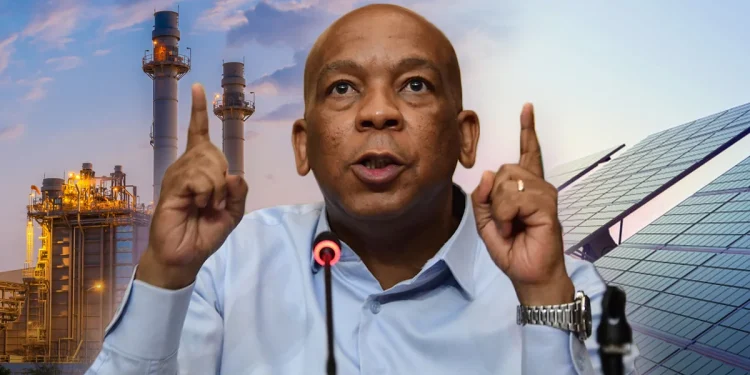South Africa is on the brink of a transformative shift in its energy landscape, with groundbreaking electricity laws set to take effect on January 1, 2025. Signed into law earlier this year by President Cyril Ramaphosa, the Electricity Regulation Amendment Act aims to liberalize the energy market, reduce reliance on Eskom, and address the country’s persistent load-shedding crisis.
The new legislation introduces a competitive energy framework, allowing private companies to generate, transmit, and distribute electricity—marking the end of Eskom’s decades-long monopoly. The reforms are part of a broader government strategy to modernize South Africa’s energy sector, boost investment in renewables, and create jobs while transitioning to cleaner energy sources.
Minister of Electricity Dr. Kgosientsho Ramokgopa hailed the legislation as a “revolutionary step” that will “ensure a more reliable and sustainable power supply for all South Africans.” He noted that by diversifying power generation and alleviating Eskom’s operational burden, the reforms are expected to stabilize the national grid and improve energy reliability.
Central to the new framework is the integration of independent power producers (IPPs) into the energy market. By fostering competition, the government aims to attract investment in renewable projects such as solar and wind, paving the way for a greener energy future.
However, the ambitious reforms have sparked mixed reactions. Critics highlight the significant challenges that lie ahead, including regulatory bottlenecks, infrastructural constraints, and Eskom’s ongoing financial and operational struggles. With aging infrastructure, widespread corruption, and debt exceeding R400 billion, Eskom remains a critical factor in the success of the transition.
Energy experts have expressed cautious optimism, pointing out that while the legislation is a positive step, the pace of implementation and the resolution of existing issues will determine its impact. “This is a promising development, but the real test will be in execution,” said one analyst.
The government has sought to reassure stakeholders by emphasizing collaboration with municipalities, the private sector, and industry players to ensure a smooth transition. Minister Ramokgopa confirmed that support systems are being put in place to address potential roadblocks and facilitate the entry of new players into the market.
As South Africa prepares to join global trends in energy liberalization, all eyes will be on the implementation of these reforms. The coming months will be critical in determining whether the new laws can fulfill their promise of transforming the country’s energy sector and finally ending its electricity crisis.






















